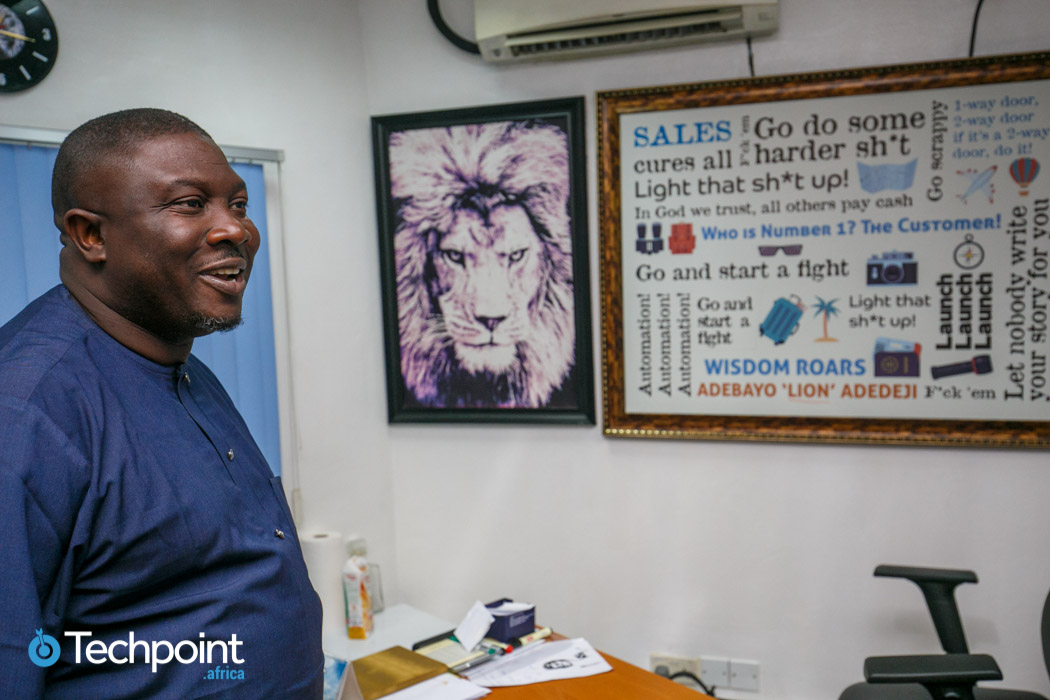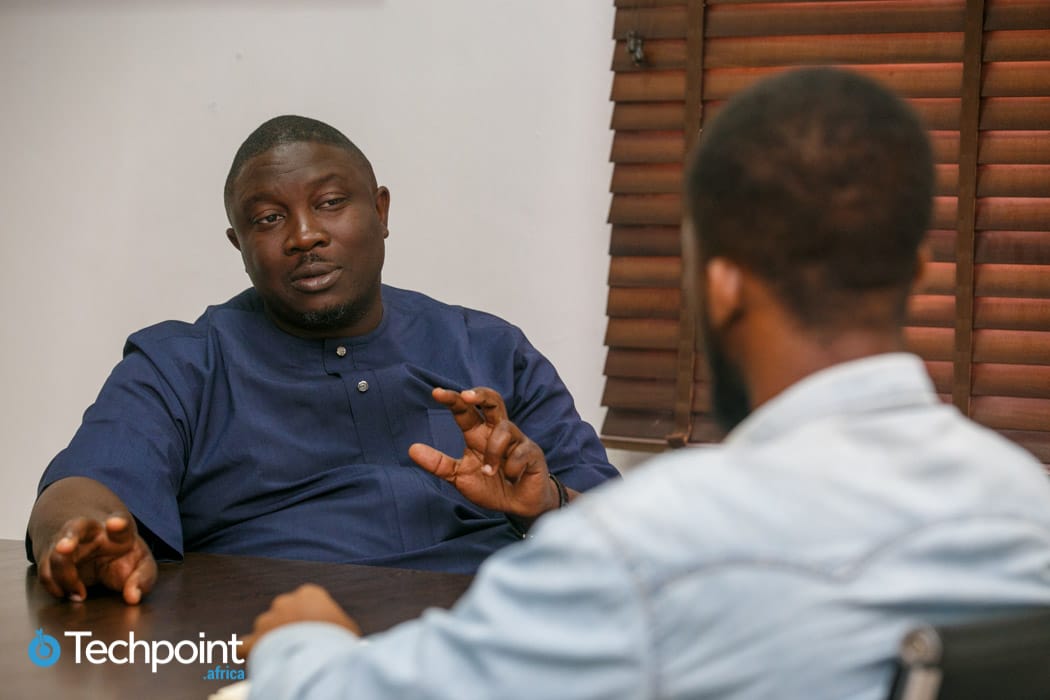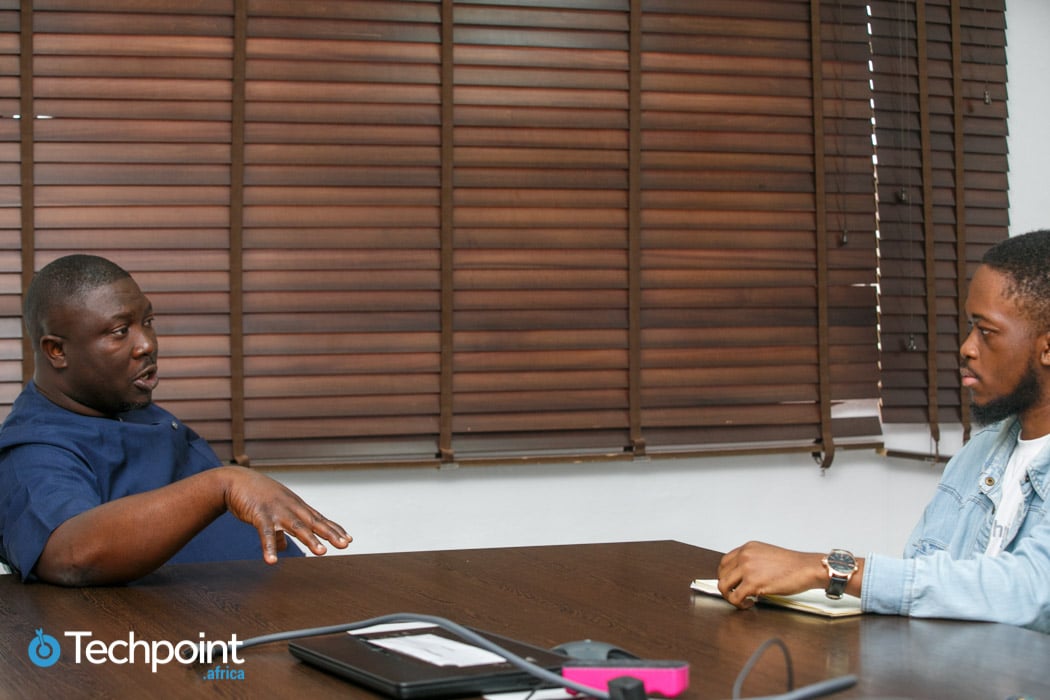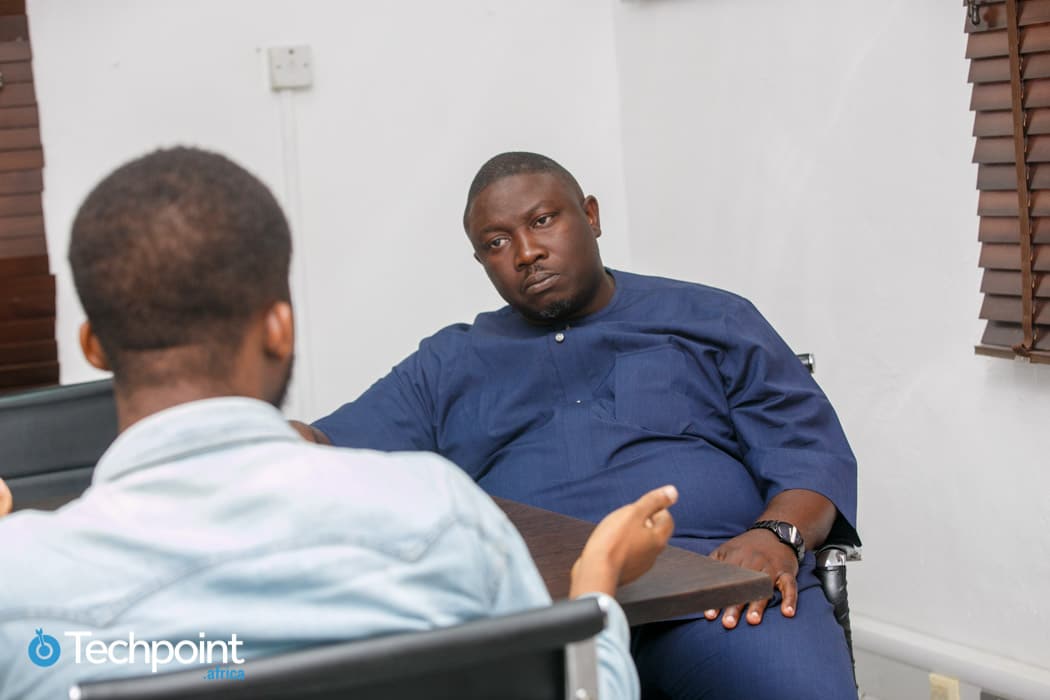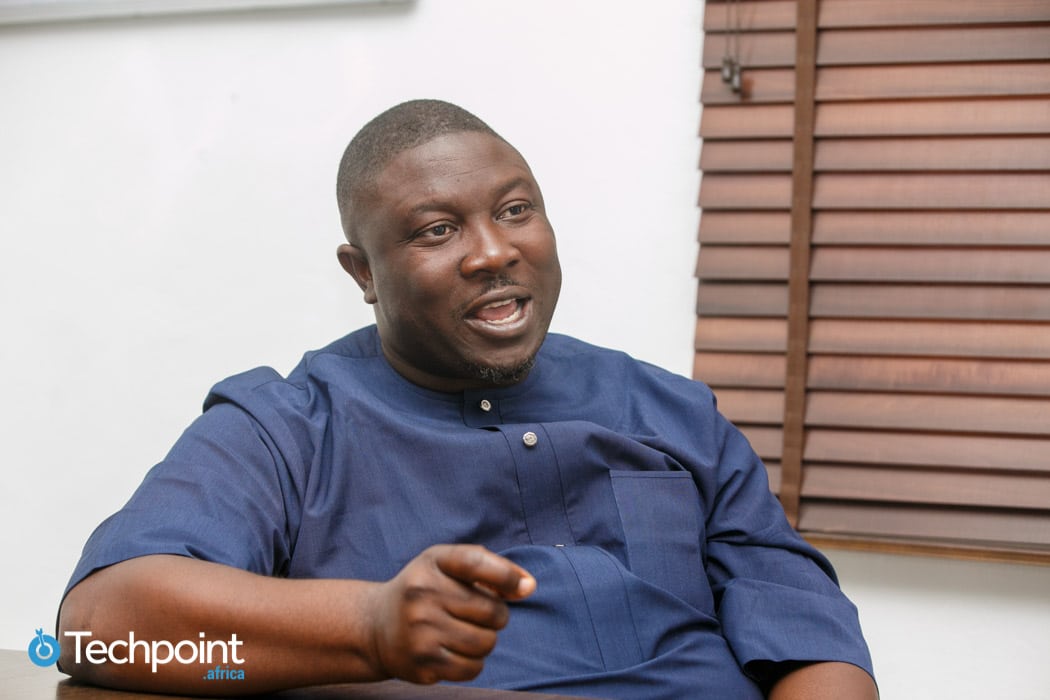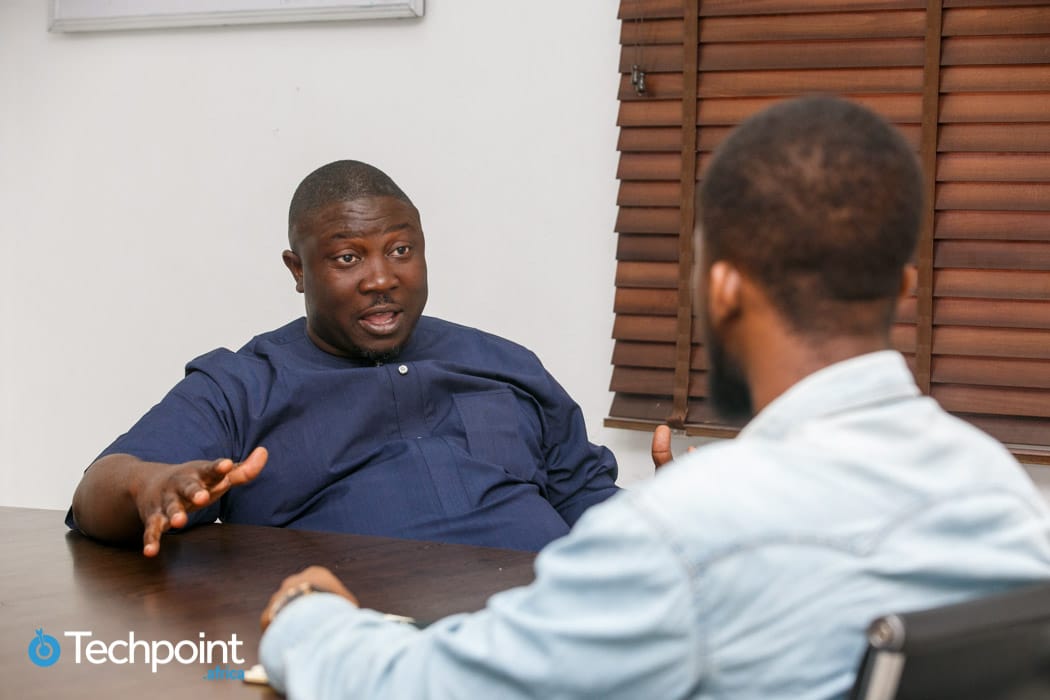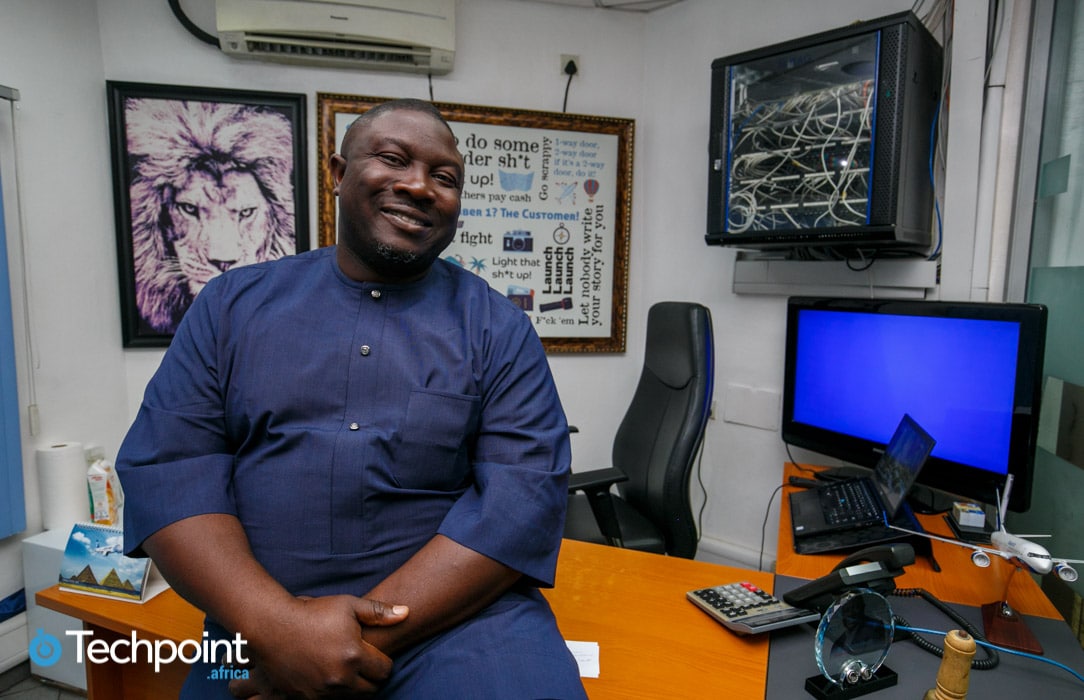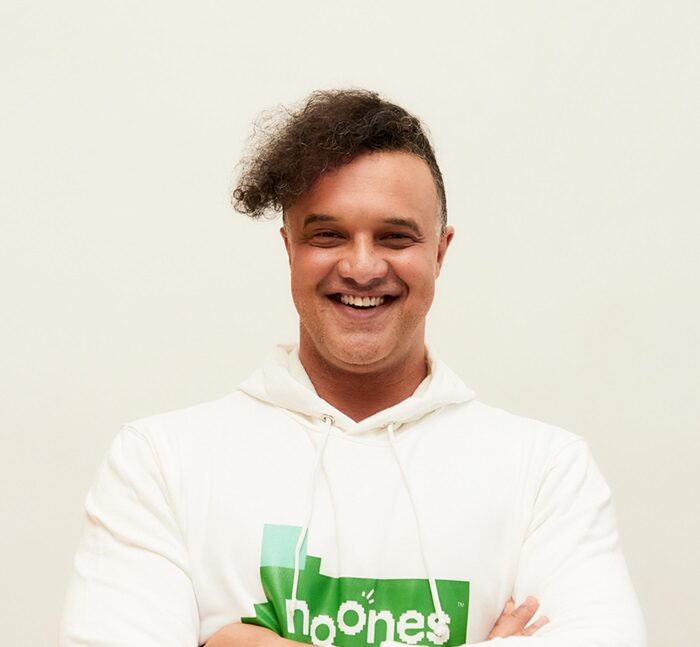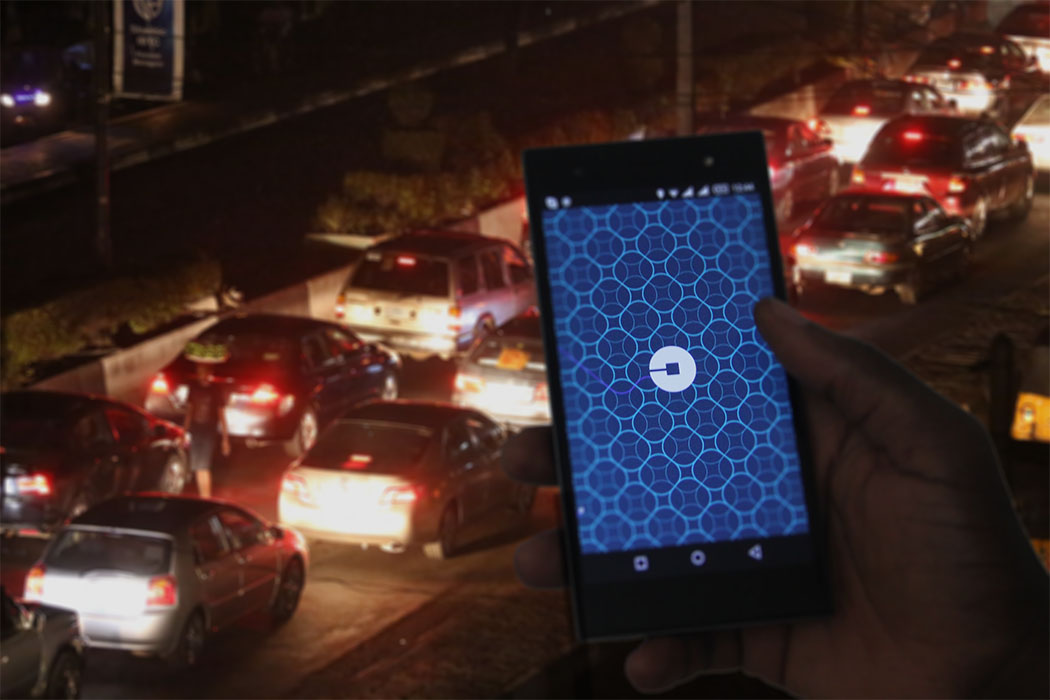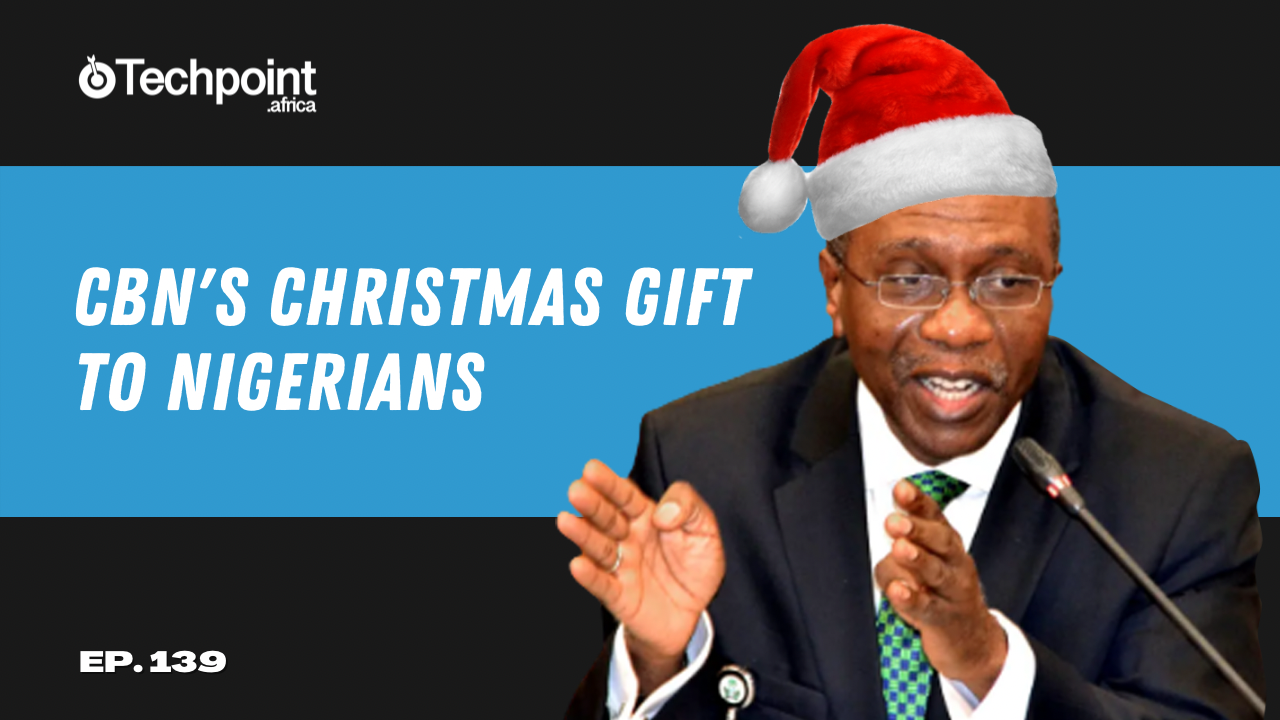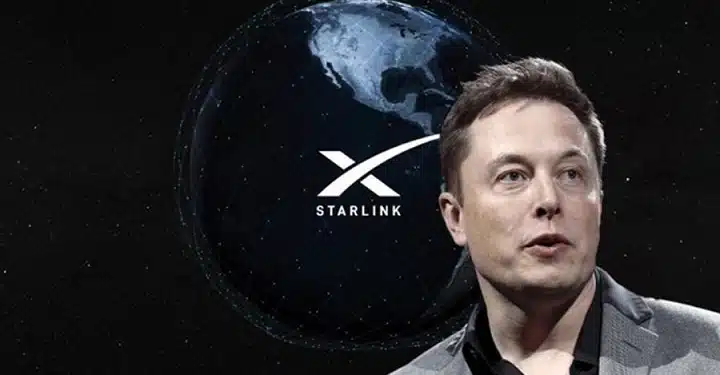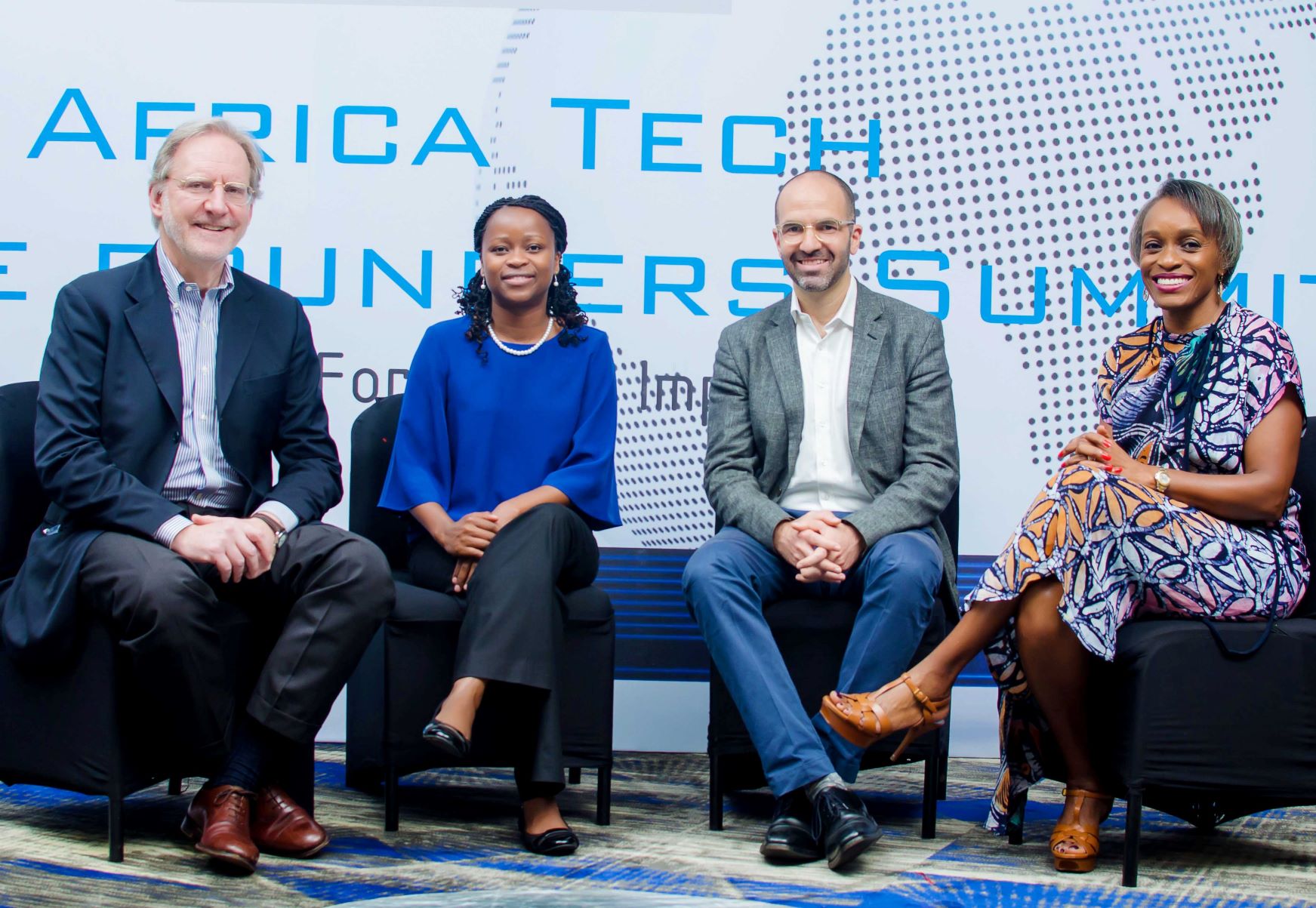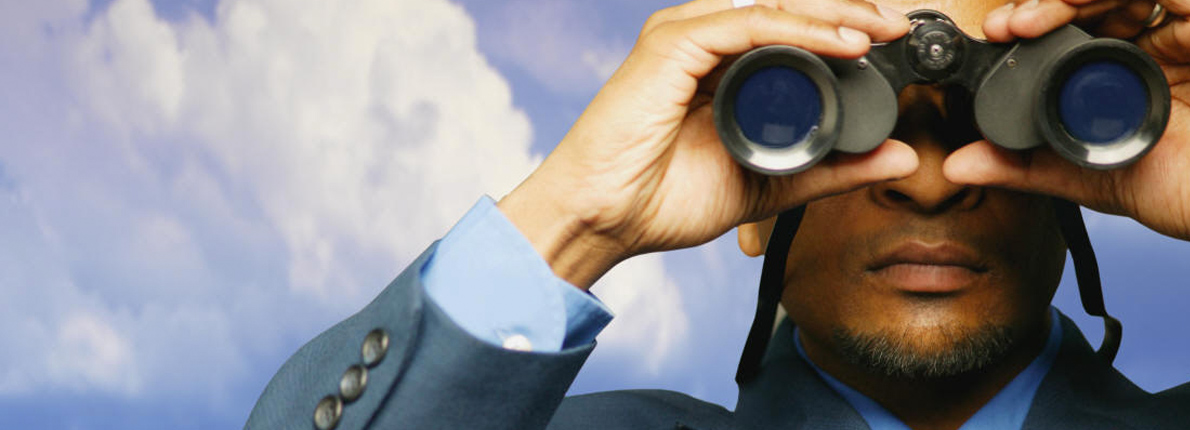Obinna Ekezie and Ralph Tamuno founded Wakanow, an online travel agency, in 2008. The company has grown to become one of West Africa’s leading full-service online travel companies, providing its customers with a one-stop online booking portal for flights, hotels, holiday packages, and other travel services.
In 2014, it raised a rumoured $20 million investment from African Capital Alliance (ACA) that enabled it to acquire Oya.com.ng, an online bus ticketing startup, for $2.5 million in 2015.
Things appeared to be going smoothly for the company until news broke in January 2018 about its financial struggles following an economic recession that hit the aviation sector the previous year.
Though Wakanow faced some allegations that it struggled to pay staff salaries for up to four months, the $40 million investment it received from Carlyle Group, a multinational private equity (PE) firm, in December seemed to calm the storm.
However, the peace was short-lived as the drama continued into 2019 when Ekezie was ousted as CEO and replaced by Adebayo Adedeji in October.
An expert in retail and finance, Adedeji had worked with Amazon as a Senior Finance Leader and other retail companies like Walmart and PetSmart.
Living in Seattle, US, he decided to return to Nigeria when Wakanow came calling. In May 2019, he assumed the role of Chief Commercial Officer (CCO) before becoming CEO in October.
“For me, I had this desire to come back to build Africa, and when the opportunity to build Wakanow came my way, it was hard for me to turn it down. Although I was in a perfect place in my life, I thought about it and realised that I might never get such an opportunity again.
So I said, ‘Why not? What's the worst that can happen?’ I came and it's been an awesome experience; and the ability to impact a company of this size, for me, is life-changing,” he says.

Join over 3,000 founders and investors
Give it a try, you can unsubscribe anytime. Privacy Policy.
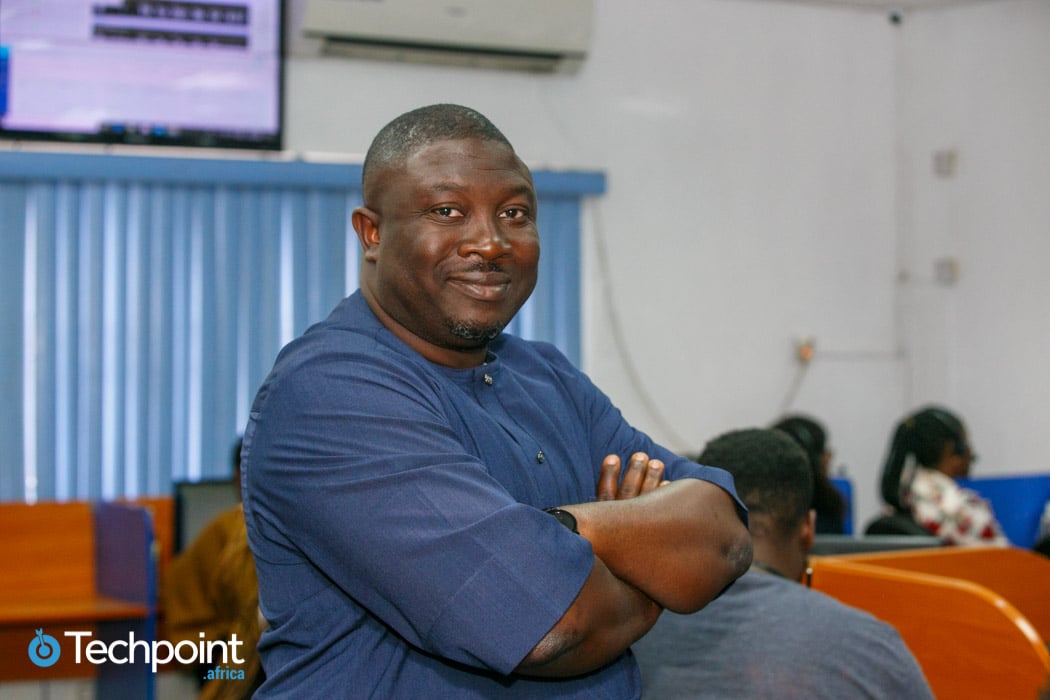
In this interview, he tells Techpoint Africa about his decision to leave the US for Nigeria, what he thinks went down with Wakanow founders and the board, and how he's helping transition the company to where it needs to be.
Having worked with retailers, PetSmart and Walmart, I'd like to know what your job entailed at Amazon?
In that role, I managed the inbound financials for FBA (Fulfillment by Amazon) business. It was a $100 billion business, and my role was to optimise for the product development team and make financial projections etc.
We'd think of a way to do a new product, and my job was to optimise for that and squeeze the stone to get water out. Also, I supported product development teams in innovation. I helped find opportunities on the profit and loss statements, and opportunities within the numbers. We also helped facilitate the acquisition of companies that we saw value in.
You moved from Amazon, which is retail to Wakanow, which is in the travel space; how was the transition?
I think most times, people don't understand that up to 95% of companies are retail companies without actually knowing. What does Wakanow do? Wakanow gets a service and provides it to a third party. So it is not entirely different from a retail company. The principle of what they sell differs but the concept is still the same.
Walmart has customers and suppliers; Amazon has customers and suppliers; the same goes for Wakanow. My job was to help the flow of products from the supplier and get into the Amazon network, then monitor the outbound marketing.
It's the same principle when you think about the airline business. They have inventory and seats on their plane they want to sell; they’re willing to give you those seats to sell to the customers, you do a markup on them just like you do at Amazon, then you sell them to the customer. And when I came here, I applied the principles I learnt in my years of retail to this, and they are simple.
What are these principles seeing that they come from one of the most valued companies in the world?
So, number one is that we focus on the customer. Number two, we innovate with speed -- if we find a way of doing something better, we do it quickly.
Number three, we have a long-term focus and we sacrifice short-term wins for long-term gains. Number four, we make sure we insist on the highest standard. Number five, the result is everything. Number six is to hire, train, and retain the best. Number seven is frugality.
You came in as CCO in May last year. In what direction were you expected to lead Wakanow after facing some financial struggles since 2018?
I didn't come in as CCO. I came in as the Chief Transformation Officer, and my job was to help transition this company into a profitable business able to pay its people.
I came in to change the processes, cut and trim the fat, and then grow the muscle. I also transitioned my role to CCO. The commercial role was to give me the credibility to talk to our suppliers. So I started engaging them to increase the viability of our business before transitioning to CEO.
You see, when people invest in companies, they don't invest because they like you. They invest because they also want to make money; they are like angels, but they want something in return. When the investors came in, they wanted a guy with international experience and an understanding of the local market: I was lucky to be that guy.
When I came, my job was to transform this place. What did I do? First, I changed the dress culture. We used to wear a suit and tie, but we became more casual in dressing since I wanted to make the company a 21st-century tech company.
The employees were disgruntled at work, so we adopted the Google methodology of giving people lunch.
Also, there was an instance where I found out that we were spending ₦2m on printing every month. I took out those printers to cut fat, and till date, we've not seen the need to replace them. We saved ₦2m a month just by taking out printing. We had places where we were overstaffed and we cut back on that.
It sounds to me like there was a lot of in-house cleansing you needed to do when you came in.
Of course, and the thing is when you change the culture, some people leave because they don't fit into that new culture. I created a culture of open communication where you can openly disagree with me or anyone in the company and not get fired.
We started focusing on the profit and loss statements and getting daily financial records. Little principles like “don't spend what you don't have” helped guide us back to the right path.
We were losing market share when I joined, but we started gaining it when we began to focus on the customer. Don't snap at the customers, don't tell them you'll get back to them and never get back. Don't mess with the customers because they pay our bills. And these things started to take effect once I led by example and took care of the customers.
Amazon's first principle is customer obsession. So I didn't have to be a rocket scientist to change things.
Your Chief Transformation Officer role reminds me of what happened at HealthPlus, where the board brought in someone in that position and ousted the CEO. You made some comments about them spending investors money carelessly? What was that about?
Well, I didn't say that. Let me clarify, and I'm not picking on anyone when I say this, but nobody removes the guy making money for the investors. If you have a guy working for you and he's making a fat load of cash for you, you don't fire that guy.
Judging from what happened at HealthPlus, was there any tension between you as the CTO and the past CEO, Obinna?
We didn't have tension here. Anyone in this building can tell you because I come with respect. I respect the founders, and I say to every employee who works here that we wouldn't be here if not for Raph and Obinna.
They started this company, and they are the reason all of us are gathered here. They dared to begin so I respect what they did. A lot of people don’t dare to start anything, and they can't even open a beer parlour.
If there wasn't any tension, then what about the reports that said you left the company at some point because of conflicts between you guys?
Yeah, I did resign, but it was just for a few weeks as they didn't let me leave. But it wasn't due to tension between the founders and me.
Look, a man has to choose what direction to go in, right? And at some point, I told myself that there was too much drama going on in the company and we weren't doing the things that we wanted to do. I just wanted to work, grow, and run a company. And once you take that away from me, I'm out.
But then again, I always tell people that no investor fires the guy making him money; it’s that simple.
Are you saying everything is okay between you and the founders?
Well, I don't think we have personal beef. I don't know, but from where I stand, I think we're fine.
We've seen cases like this in the business world where a seasoned manager takes over a company from its founders. Do you think this was necessary in Wakanow's case?
I think it's essential for founders who are going to read this article to realise that at some point, they'll need professional help if they want their businesses to outlive them.
People don't realise that even founders like Jeff Bezos, in big corporations, don't singlehandedly run their businesses. Bezos has a number of CEOs, like Jeff Wilke, CEO of Amazon's retail business for instance, who help him.
I think there's a place for the founder to run a business and also for professional help to take that dream to the next level. Look, it's always nice to have the founders around if you can because they bring the passion back to the table. After all, sometimes it's hard to find passionate professionals. But I think that founders should not be afraid to let that baby go out and blossom.
But can these founders learn to become professionals or managers?
It's quite challenging if you ask me, because when you're a founder you make some decisions that only founders will understand. They can make some ad-hoc and "faith-driven" decisions.
Most times, a founder or an entrepreneur is a guy that jumps off a cliff and builds a helicopter on the way down.
A professional is a guy that thinks of the helicopter, strategises on the helicopter being there, and then jumps off the cliff knowing that the helicopter is there waiting for him as a fallback.
So as CEO, what are you doing transitioning the company from a founder-led business to a professional one?
Number one is making sure everyone here realises that we are all employees. So, my obligation to pay you doesn't exist if you don't do your job, and we have a joint obligation to make this company profitable; we have to make money to pay ourselves. It takes all the emotions out and helps us have candid conversations.
In this business, I have the responsibility of leadership, but we jointly have the responsibility of performance, and it's the joint responsibility of performance that helps us push the company forward.
I believe the COVID-19 pandemic was a challenging hurdle for CEOs running businesses. Seeing as you were just months into the job, how did you handle it?
I have basic principles that I believe in and that are critical to who I am as a person, a professional, and now a CEO.
One of the principles is that when the war is over and everyone sheaths their swords, Bayo sharpens his because you might not have killed all the enemies. Therefore, I get ready for the next battle.
Although it was a shock when COVID came into Nigeria, we saw the effects of the pandemic coming by mid-March in our sales numbers. And because we looked at these numbers every day, we had a plan by the end of March.
We were able to navigate smoothly as we rebuilt the business during this period by providing more resources for our remaining staff and paying salaries on time.
We went back to becoming a startup, and it was an interesting scenario for us. I even told my team that this was the opportunity of a lifetime where business stops because, in retail, it never stops. So when you get a day that retail sleeps, you seize the opportunity to rearrange your house, and that's what we did.
Right now, we're almost at our 2019 numbers with half the capacity available in the market as only four airlines are fully operational. Shareholders' cash reserves were also pivotal to our survival.
Did Wakanow receive any of the government palliatives promised to the airline industry?
No, we did not, but I have faith that maybe one day, we might. Though it is good when you give me handouts, because I'll collect them, I'm not a man that looks for them.
But then again, I think the most important thing is going back to the fundamentals of your business and fixing your financials if there's a problem there.
For Wakanow, it was about our long-term focus. We were more concerned about the post-crisis period, not the palliatives. We also launched services like video selling and social media selling. The latter did over a ₦100m for us last month, most of which came via WhatsApp.
How do Wakanow's video and social media selling work exactly?
Customers can send a message to Wakanow on WhatsApp; we have a bot behind it and if it can answer the questions asked, someone jumps on it and sells to the customer. It is a form of conversational selling for us and being customer-centric, we want to be where the customer is.
If the customers aren't coming to your website and are on WhatsApp, we go there and sell to them. And as an online travel agency, it means we must be innovative enough to be where the customer is. They're on Instagram, Facebook, Twitter, and WhatsApp, and we're right there with them.
Would you say the COVID and lockdown period made Wakanow more innovative?
No, not at all. It's the people that work here. We're lucky to have great people that work here. Once you get your employees to believe in the company, you don't have just one founder but a host of founders or people that think like founders even though they're only employees.
At Wakanow, everyone takes responsibility for the business. Our culture now is fun, and we’re a bit more trendy. We have fewer people, but we're doing the same volume as before because we brought in a lot more tech to ensure efficiency.
Having worked at Amazon and adopted some of its principles, one of which is customer obsession, how do you ensure you don't put a lot of strain on your employees?
We'll continue to watch out for strain and react to it. And I think it's the job of the leader to make sure that we hire more people or find a new tech to help with the situation if we're pushing these guys too hard.
I believe in treating everyone around me well, but then again, that doesn't mean I can't talk to you plainly about your performance. Treating you well means that I fulfil my obligations to you, and if I can't, I make sure I tell you why.
I think that once you start doing this with your employees and you create that feedback loop where they can have conversations with you, they will tell you how they feel. With that, you can begin to get the pulse of the organisation, which you can be shielded from as a leader, especially when you have over 200 employees.
From your experience, what advice would you give to entrepreneurs, founders, managers, and CEOs?
You can follow me on Instagram, that's the best advice I can give [laughs]. Also, follow my YouTube channels.
Alright, so I always tell founders that one thing is critical; know when to stop and know when to get help. Talking to people isn't what you need because, in Nigeria, we talk a lot and do very little. We spend a lot of time on PR. I've been here for two years, and this is the first time I'm talking with Techpoint Africa.
After one month some people want to talk to you guys. That's not me; I’m all about our fifth principle: the result is everything.
Talking about results, last month, Wakanow didn't take money from shareholders to pay salaries.
I tell founders all the time not to spend time looking for the glam. Yes, sometimes, it brings in money, but it also brings in chaos. Spend the time, put your head down, and get the work done. That's my advice for entrepreneurs. But again, what do I know? https://www.zp-pdl.com http://www.otc-certified-store.com/cholesterol-medicine-europe.html https://zp-pdl.com/online-payday-loans-in-america.php http://www.otc-certified-store.com/women-s-health-medicine-europe.html https://www.zp-pdl.com займ денег москвасрочный займ на киви без отказамтс займ денег

